Suciu Ștefania Ioana
The first task for this Specialization Traineeship is to analyse the site of The European Youth Portal, present the aim of the site, the way it is structured, together with the main opportunities that it offers to the young generation. It’s interesting to see how the site provides a detailed description of its sections, so just to make sure that the young citizens may find all the tools they need and eventually discover all the possibilities that are available. The platform was introduced as an initiative by the European Commission, also designed in order to provide the young citizens with all the valuable information across all the Member States and eventually the other countries at the borders. The platform is not only limited to giving information about the European values and all the most important latest topics, but also active in offering the available opportunities, initiatives that want to reach and obtain the active engagement of the audience.
All these occasions, events and initiatives contribute to the continuous development and growth of these generations, especially considering their personal growth, education and also career horizon. The portal wants to offer harmonised and centralized information also as a means to fight against disinformation and fragmented knowledge. The information provided is quite well diversified, it offers more insights about the EU-funded programs, together with key points about the mobility programmes still available. There are also many resources about the volunteering opportunities, considering many fields of interest, which actually want to obtain more and more civic engagement among the younger ones. At the level of the European Union, it is important to engage the young generations in order for them to actively participate in the development and continuous growth of the European Union. Because of the fact that the competitiveness on the jobs market is higher and higher, it’s important for the young generation to look for ways to distinct themselves and look up for ways to differentiate with great skills which may broaden horizons and open new pathways. It’s important for the European Union to continuously trying to shorten that distance perceived between the official institutions and the younger generation, also because it not only offers the information about these programmes, but it also gives valuable tips to consider before applying, and other important recommendations to put into practice when it comes to completing the registration documents and so on.
Main sections of the Portal
The European Youth Portal offers valuable information not only at the European level but also at the country level, these are all initiatives which are of interest to all the young citizens who are actively working, studying and living in the European Union. These are possibilities which are offered to the young people, but also to those institutions and other organizations active in the policy makers sector, or other youth workers and youth organisations implicated in organizing these initiatives.
The platform is divided into different sections, each section indicating a particular area of interest: there’s a section which offers more information about the applied EU youth policies, which is called ‘Get involved’, which is interesting because it is more centred on actually learning more about the democratic participation, and in general the civic engagement of the youth people, considering their rights and obligations as citizens. The other section which relies more on the adventurous side of the young generation is the ‘Go abroad’ section, which offers information about both studying and working abroad, with traineeships and other forms of volunteering. The other important section is called ‘EU initiatives’ which is more directed towards giving information about the biggest initiatives like Erasmus+, DiscoverEU and so on. And lastly there’s another category which is called ‘EU Youth Strategy’ which analyses the EU youth policy cooperation introduced for the period 2019-2027, and all the valuable insights about this reform.
I’ve tried to analyse the platform from my personal point of view, so through the eyes of a master’s student enrolled at the Centre for European Studies, some sections may seem more appealing also because more suitable for my age and aspirations for the future. It’s important then to analyse each category also in order to make sure to not miss out important details.
The European Youth Portal offers important information about mobilities active and other education opportunities. These mobilities are mainly Erasmus+ mobilities available for the master’s students, which is one of the best-known programmes in this area, and usually there are interesting opportunities offered by the universities depending also on the agreements active between universities. Usually these are all mobilities in which we see mainly undergraduate students, at the same time the programme does offer valuable opportunities also for the master’s students. Here some of the main examples are Erasmus Mundus Joint master’s degrees, which are quite competitive programs, these offer full scholarships in order for the students to be able to study in multiple European countries. In this way the students gain valuable insights about the multicultural backgrounds for each university and country, and with these scholarships they are usually able to cover the main expenses such as travel, tuition and living expenses.
Another great opportunity which is available for all students but usually the master’s students are more interested in such initiatives, are the Traineeships and Internships offered at the EU institutions, international companies and other research centres of interest. The following are some of the most important examples Schuman Traineeships at the European Parliament, then there’s the Blue Book Traineeships, at the European Commission, and other available Traineeships in the Council of the EU and the European External Action Service. The aim of these periods of traineeship is mainly to offer the students the possibility to gain more insights about what it truly means to work in these institutions and learn more about the European method of doing governance and the policy-making process. On this regard the platform offers also a section with the upcoming important events, which may be deadlines, or interactive session where they explain in more detail the information about the application procedure. Therefore, it’s important for the young people to check regularly for these posts, and the application deadlines for all of these opportunities. Outside of these internships there may also be valuable programs linked to important research interests and other career goals. And another important detail about the site is that there’s also a section where the past beneficiaries of these mobilities have the possibility to leave short feedback and reviews.
The young students have a wide range of possible research grants that they can apply for, depending also on the level of education the students usually may benefit from research projects, related to EU studies, and this program is called Horizon Europe Grants. Eventually in the future the master’s students may decide to apply for programs such as Marie Skłodowska-Curie Actions, which is more made for the doctoral and postdoctoral researchers. At the same time, there is usually a vast availability of different webinars and other online sessions hosted in order to clarify possible doubts about the eligibility criteria and the application process in general.
All these opportunities before being tools of self-growth and possible career paths are also important when it comes to contributing to the creation of networking events, which are also promoted on the portal. There are many significant events, the European Youth Week is an example, where the main focus is to create that bridge and direct connection between the EU representatives and the direct policymakers. There are different online workshops, organized with this aim, also in order to make sure that nobody is excluded from such events, no matter the country or the city there’re connecting from.
These are all great opportunities which come handy when it comes to apply the theoretical information obtained in a more practical way, through direct channels of communication such as EU Youth Dialogue and European Youth Week, students from different levels of education as myself, may have the possibility to connect and connect with other people, and directly with the EU decision-makers. Because by the end it’s important to participate actively to the civic life and be responsible citizens, in order to help improve and shape the future of the European Union.







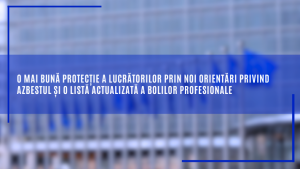
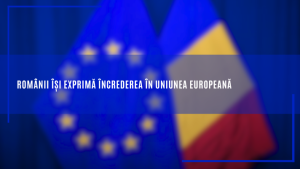

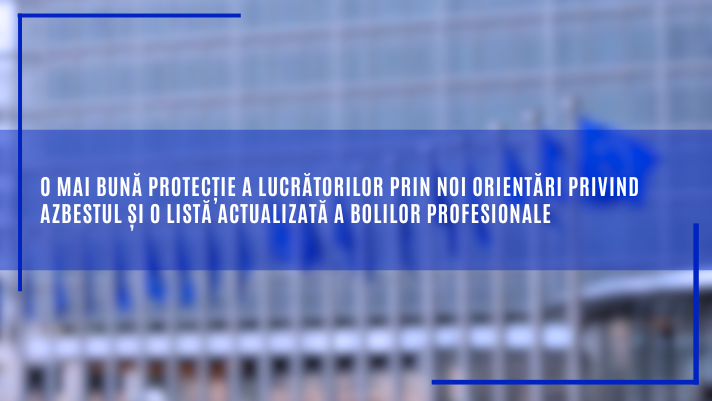
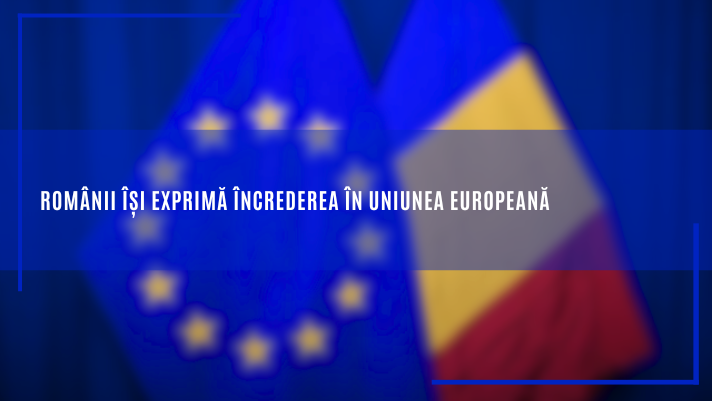
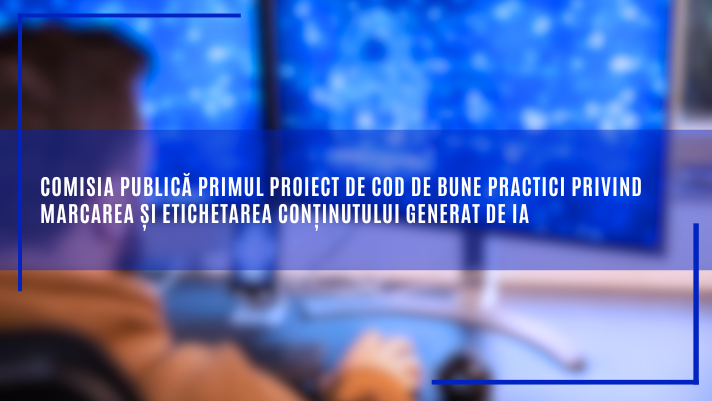
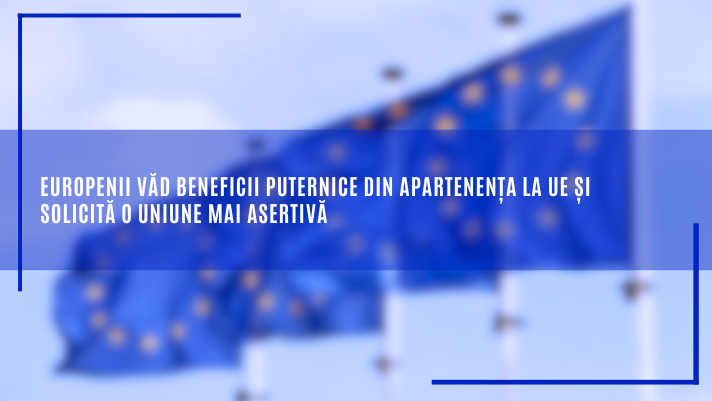
+ There are no comments
Add yours